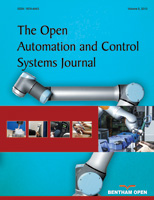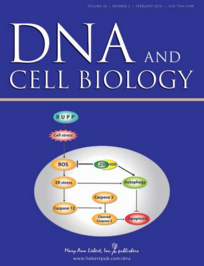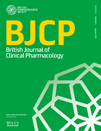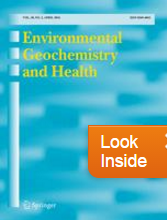 A journal is pulling additional papers authored by twin brothers for peer review issues.
A journal is pulling additional papers authored by twin brothers for peer review issues.
After retracting three papers by Cheng-Wu Chen earlier this year for “compromised” peer review, Human Factors and Ergonomics in Manufacturing & Service Industries is now pulling four more by Chen for the same reason — and four others by his twin brother, Chen-Yuan Chen, who was a the center of a peer review ring that SAGE busted in 2014.
Cheng-Wu Chen lost 21 papers during that episode. He’s now up to 28; Chen-Yuan Chen, who also goes by Peter Chen, is now up to 43. Both are present on our leaderboard.
The notes, which appear in the March/April issue of the journal, are all identical, and also cite issues with citations:
Continue reading Authors in 2014 peer review ring lose 4 more papers each for “compromised” review








